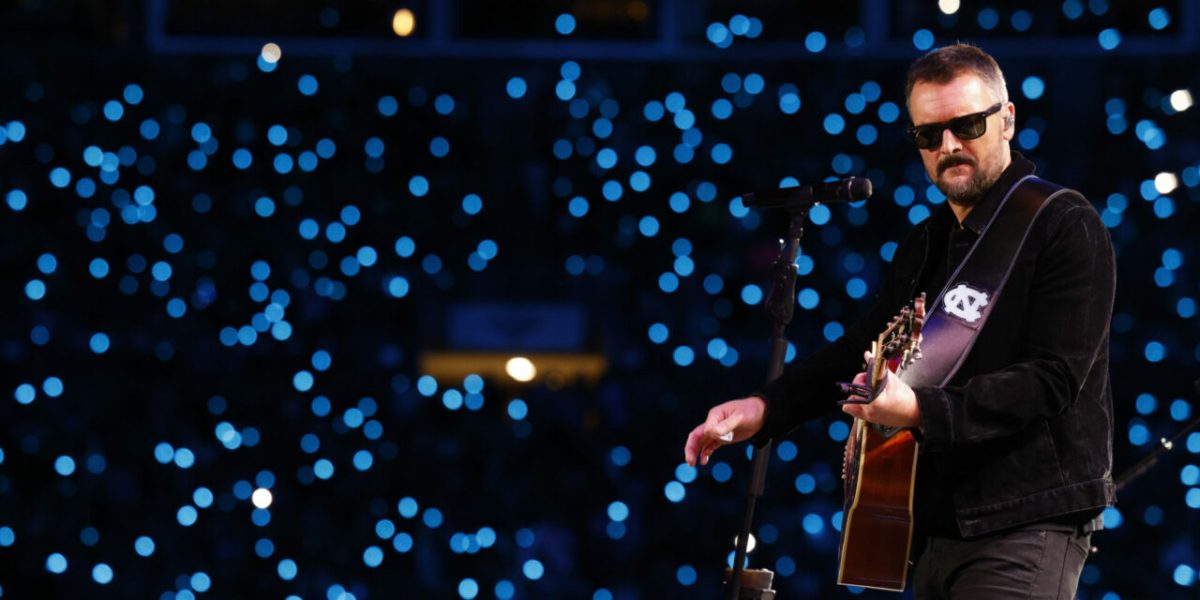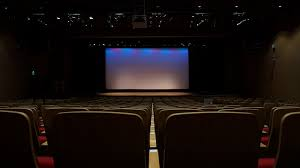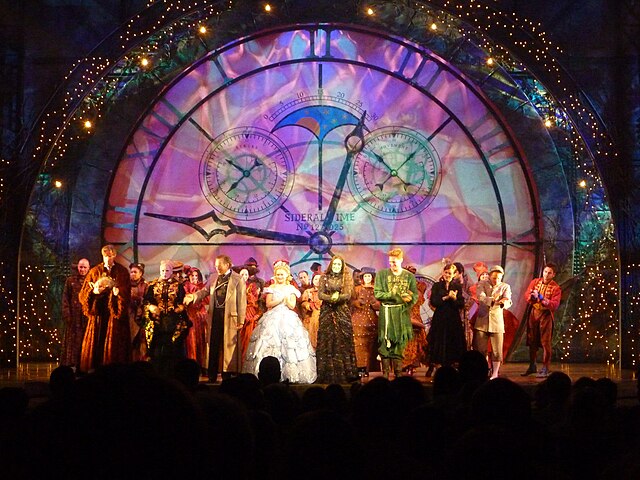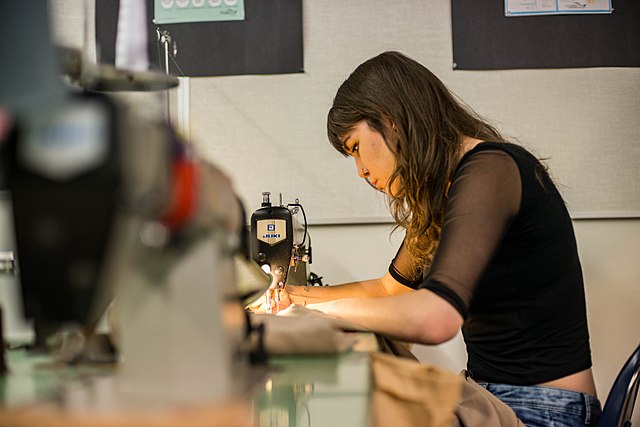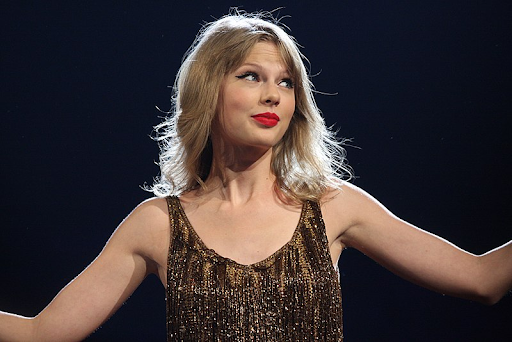“Our crap runs downstream, whether the stream is literal or temporal,” said Maia Dery, instructor of art and experiential learning specialist. “The people and other organisms downstream are dealing with every last thing we allow to run off or out of our campus parking lots, our woods, our cars and, in my case, our photo labs.”
Experiencing these intricate connections of nature through first-hand experience is the theory behind the new interdisciplinary Cape Fear River Basin program. The course is steeped in outdoor classes, alternative speakers, student-led discussions and art projects with the purpose to learn about the earth and ourselves in relation to our local Greensboro watershed, the Cape Fear River Basin.
Dery leads the First Year Experience class “Reflecting Nature,” which has become the inaugural class for the CFRB program. A requirement for this class was a four-night, five- day camping excursion to Carolina Beach led through the organization “Surf Camp.” This trip involved surfing during the morning, volunteering and touring sites in the CFRB in the afternoon, and engaging in campfire discussions with pertinent speakers in the evening.
“At a time in life when a college student is learning independence, individuality, decision making and undergoing the stress that comes along with all of those things, surfing provides such a healthy alternative and retreat as opposed to other typical recreational college activities,” said Jason Andre, who served as the group’s head surf instructor and beach guide.
The goal of this program is to develop a tangible connection and a “sense of place” within each individual based in North Carolina’s CFRB.
“(A) sense of place is a sense of responsibility; of being a part of something larger and more enduring than yourself,” said Dery. “We need to take time to understand and value our place and our fellows on this fertile rock. We are at great risk of losing our habitat on a planetary scale.”
This sentiment was also recognized by the students who participated in Surf Camp.
“Once you find out how much each one of your own actions affects where you are, you start to know that if you drink coffee it goes into the basin,” said first-year Julia Beveridge. “Detergent, pesticides, Miracle-Gro, it’s all there. Every single one of your actions has an impact.”
The Surf Camp trip also served as a grounding element for the class.
“Instead of learning basic facts about the CFRB, actually having gone (to the mouth of the river basin) allows us to piggyback off of that experience in order to learn about the river basin in a variety of ways,” said Beveridge. “No matter how much you learn about any topic (through classroom instruction), you’re always going to have a wall barring your knowledge of what actually goes on.”
Andre stressed the importance of experiential learning with regard to developing a vested interest in conserving the nature around us.
“In a culture that focuses so much on learning from a book in a classroom, the majority of people learn by doing,” said Andre. “Surfing then becomes a vehicle for environmental change, as those who fall in love with it fall in love with the ocean, and then feel obligated to make any change necessary to take care of it.”
Dery shares a similar understanding of the importance of physicality being an integral part of this educational moment.
“Being recreated by physical, bodily endeavor in the water (such as surfing) is the best way I know of modeling and inspiring the kind of love that helps you make sense of just how real, important, rare — in the context of human history — and precious this educational moment is.” said Dery.
This program was made possible with the support of the Center for Principled Problem Solving. The hope is that the CFRB program will continue to be supported and that experiential learning becomes a more integral part of Guilford College, as learning does not just occur from the neck up.
[photomosaic nggid=27]


